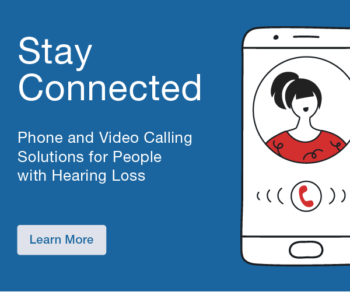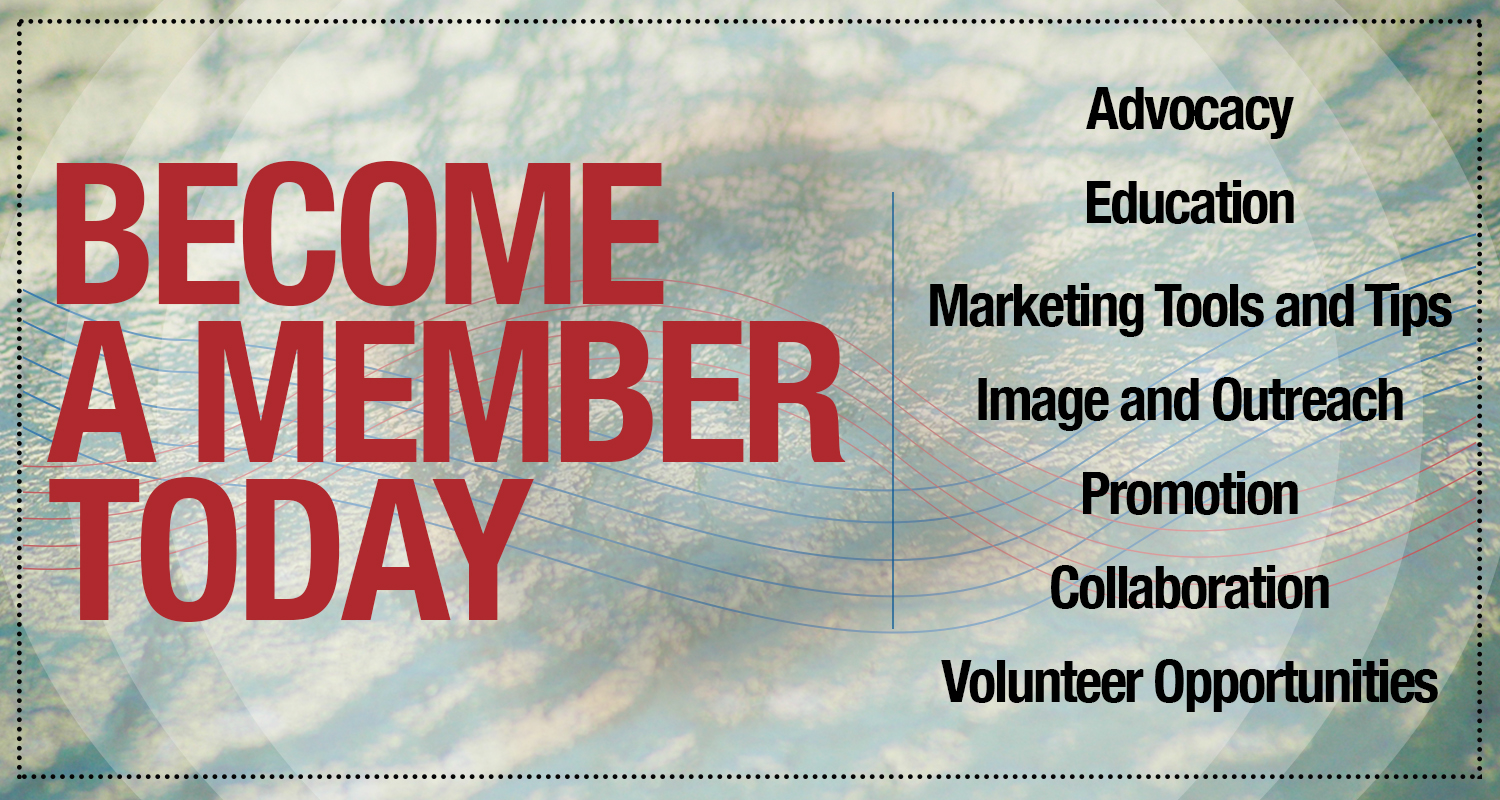“The most common complaint from people who had experiences with healthcare providers was that they were not listened to” (Kagan, 2008). Listening is an essential skill for clinicians, affecting clinical practice, the quality of health care, and client outcomes. However, listening is overlooked and understudied in healthcare practice and education. Being able to listen mindfully and with authentic intent enables clinicians to understand clients’ priorities, concerns, and hopes, establishing a common ground that assists clients in making informed decisions and moving forward. Although listening may appear to be easy, listening well in complex and often emotional clinical situations is challenging and difficult. This presentation will consider (a) the nature of clinical listening, (b) why listening is critical in health care conversations, (c) the key attributes of clinical listening, (d) elements of healthcare conversations that make listening complex, and (e) the measurement of listening skills. The use of the Effective Listening and Interactive Communication Scale (ELICS) will be highlighted. The ELICS is a validated self-report measure capturing four clinical listening stances: Receptive, Exploratory, Consensus-Oriented, and Action-Oriented Listening. Last, the presentation will outline findings and lessons learned from our research examining interprofessional listening skill educational interventions for experienced practicing clinicians and trainees/students.
Learning Objectives
Participants will:
- Understand the elements of effective listening and communication in pediatric rehabilitation and health care
- Be able to identify what makes listening complex and effortful
- Become familiar with how listening skills influence clinical practice, the quality of health care, and client outcomes
- Be able to identify four listening stances



